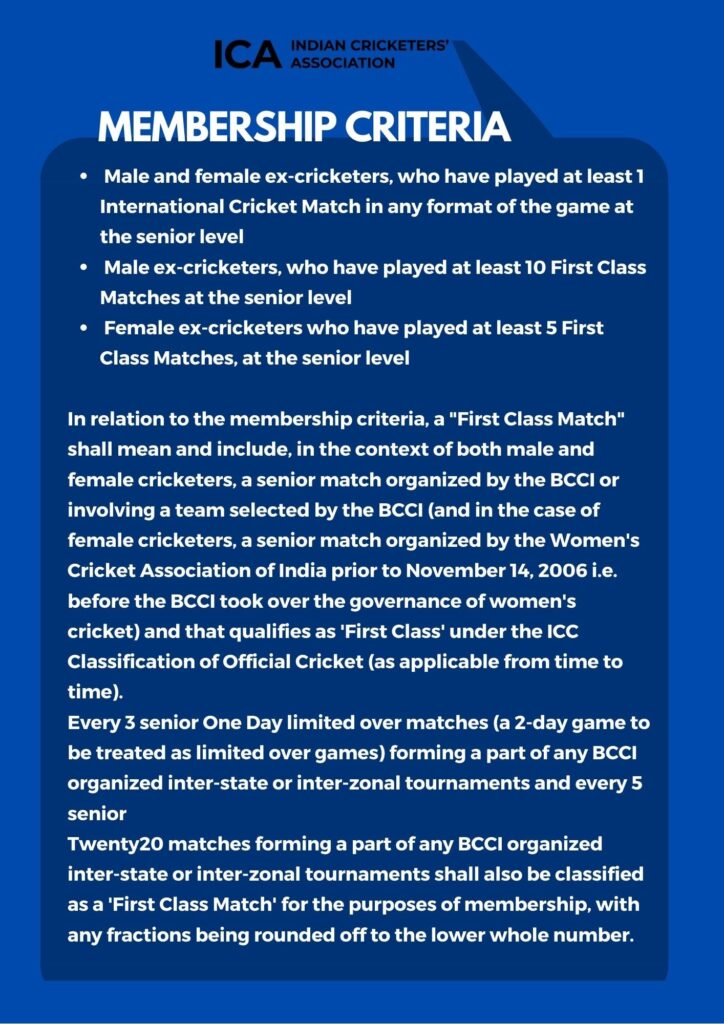A 1000 ODI’S – INDIA HAS COME A LONG WAY AFTER SHAKY START

By: Partab Ramchand
Email: partabramchand@yahoo.com
February 7, 2022: Watching India play their 1000th ODI on Sunday – the first team to cross this coveted landmark – my mind went back to the very first such game they played against England at Leeds in July 1974. Such matches were a novelty as far as Indian cricket was concerned. Test matches is what the Indian cricket fans were interested in and there was very little interest in the match at Leeds – incidentally the 12th ODI to be played since the first was held quite by accident at Melbourne in January 1971. Few gave India any chance and predictably enough England won by four wickets with 23 balls to spare.
In the next game at the Oval a couple of days later the Indians adopted the unusual tactic of playing eight batsmen and three all-rounders. There were no specialist bowlers, not even one of the famous spin quartet. The result was disastrous. They went down by six wickets with 37 balls to spare. Packing the side with batsmen was of no use as they were restricted to a total of 171 in 47.3 overs (matches were played on 55 overs basis).
It was apparent that the Indians had not come to terms with the intricacies of limited overs cricket. And so, they continued to suffer losses for the next few years even as India played ODIs in England, Australia, Pakistan and New Zealand including two World Cup tournaments. The nadir was the shock defeat to Sri Lanka, then an ICC associate member, in the 1979 World Cup. With hardly an interest in this country in the limited overs game India played 25 ODIs away before hosting the first ever such game at home – against England at Ahmedabad in November 1981.
Step by step the Indians adopted the tactics and strategy associated with ODIs and of course the totally unexpected triumph in the 1983 World Cup changed the attitude of the Indian fans towards limited overs cricket. The stunning victory of the Indian team in the World Championship of Cricket in Australia some 20 months after the World Cup strengthened the popularity of ODIs and from then on Test cricket was of secondary importance.
Since then India has its share of ups and downs but has always remained leading competitors besides having its share of glorious moments – a second World Cup triumph in 2011, the Champions Trophy victory two years later and rising to the No 1 spot in the ICC rankings. India didn’t take as long to establish its supremacy in T-20 cricket which was a natural offshoot from ODIs. They took to it very soon after the first such game was played in 2005, proof being provided by their victory in the inaugural World Cup in South Africa in 2007.
Over the years Indian players have their mark indelibly in ODIs. Many of the most notable records in such games are held by Indians. The most famous is of course the tally of runs (18,426) and number of centuries (49) both held by Sachin Tendulkar who also has the record of registering the first double hundred in ODIs. Indeed, out of eight double centuries scored in ODIs, five have been notched by Indians – Rohit Sharma (3) and Virender Sehwag being the others. Rohit in fact holds the record of the highest individual score in ODIs – 264. Tendulkar also holds the record of figuring in most ODIs (463). Over the years the team and the players have registered several other notable performances and indeed India’s win percentage in ODIs (nearly 55 percent) is next only to South Africa and Australia.
Yes, nearly half a century since their first ODI India has come a long way in this popular format along the way producing some of the finest cricketers. The feats of Tendulkar, Sourav Ganguly, Virender Sehwag, MS Dhoni, Virat Kohli, Rohit Sharma, Kapil Dev, Javagal Srinath and Anil Kumble are part of cricketing folklore. The batting in particular has been particularly spectacular and from their tardy start the Indians have graduated to having crossed the 400-run mark in ODIs five times, close behind South Africa’s six. Having played their landmark game India can look forward with confidence to many more achievements in future.
(Partab Ramchand is a veteran sports journalist, the views expressed here are personal.)

